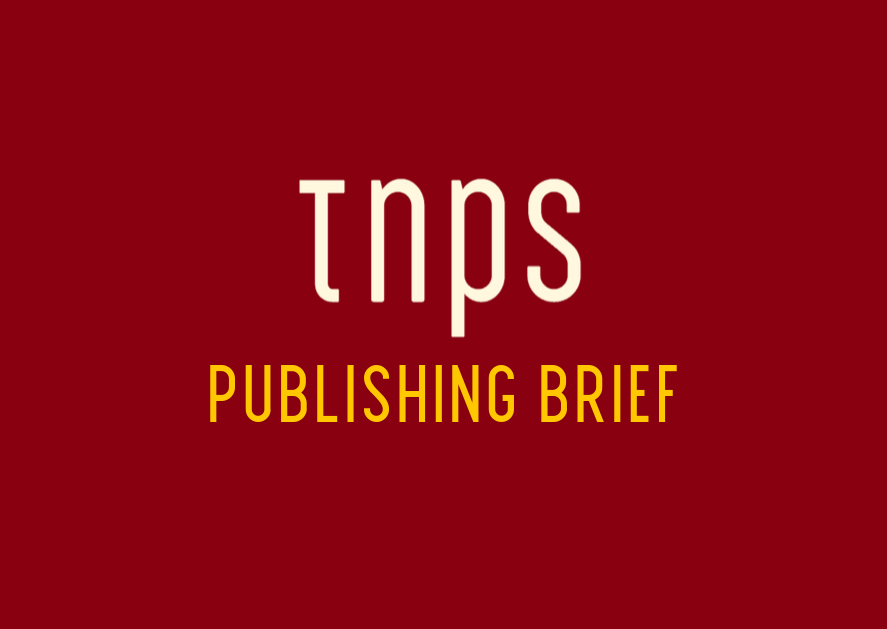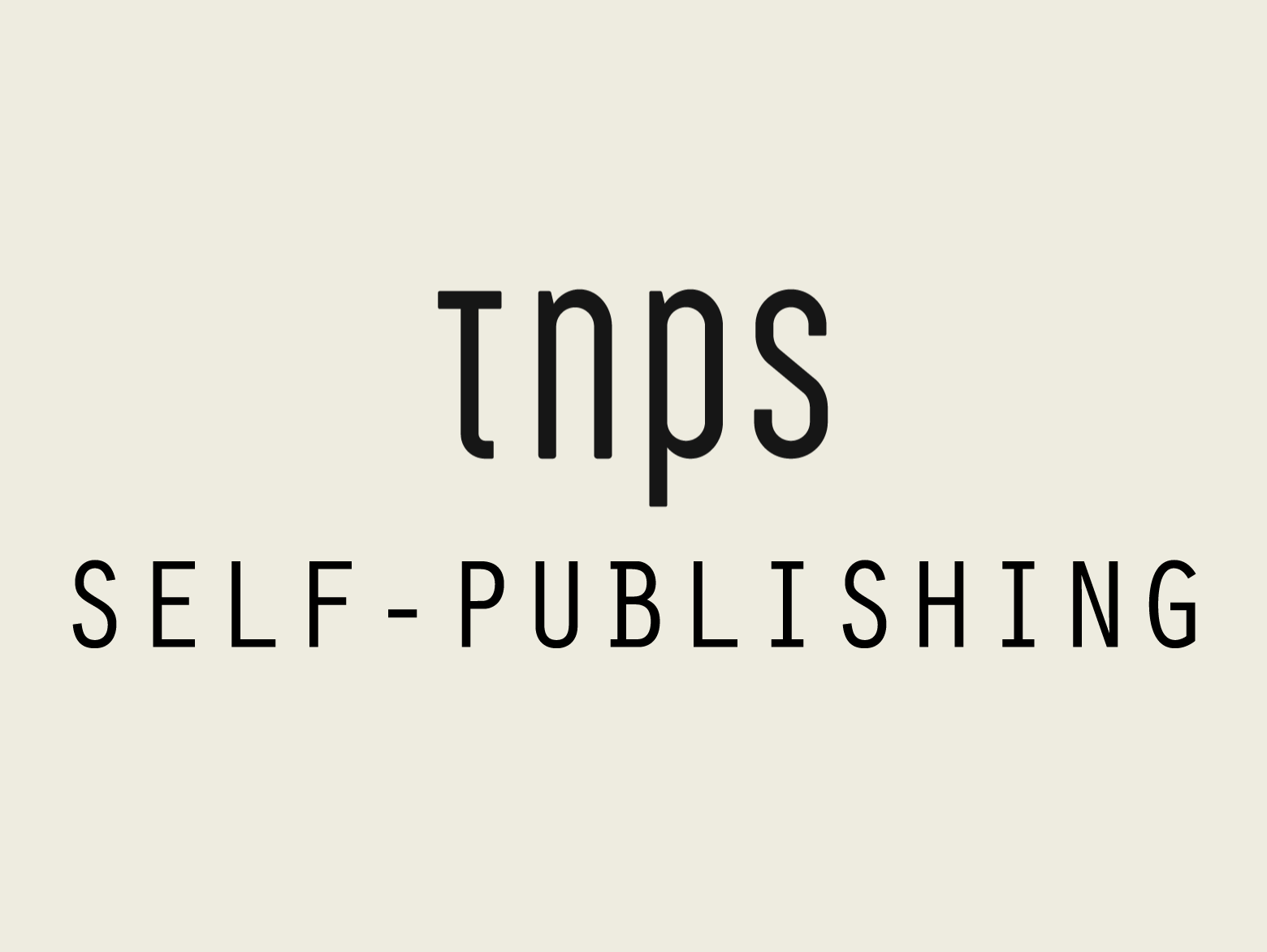The industry is now paying the price for its dependency on a single, volatile customer.
The recent news that Hachette Learning has placed an undisclosed number of roles at risk of redundancy is a stark, if predictable, symptom of the, don’t laugh, “ongoing challenges” facing the UK education market.
In a communication to staff, reports The Bookseller, CEO Seshni Jacobs pointed to an “extremely challenging few years” and “fundamental shifts” in the sector. Crucially, she cited the “lack of funding in the UK education market” as the primary driver for the “difficult but needed changes.”
Critical Vulnerability
For publishing professionals, this situation highlights the critical vulnerability of a business model built on over-reliance on UK government spending.
For decades, educational publishing has been comfortably aligned with public procurement cycles. Now that this funding has contracted – and, in many cases, been redirected to state-backed competitors like the controversial Oak Academy – that structural weakness is painfully exposed.
The industry is now paying the price for its dependency on a single, volatile customer.
Hachette’s response is a strategic pivot. Jacobs stated the goal is to “accelerate our transition from a UK-centric publisher to a more globally focused, digitally enabled educational solutions provider.”
Unsustainable
This explicit move to diversify revenue streams signals a wider industry realisation: the traditional UK-centric, print-led model is no longer sustainable.
This restructuring, which follows eight redundancies during the 2024 rebrand from Hodder Education, is not an isolated event. It is a necessary, albeit painful, adaptation to a new market reality where stable government funding can no longer be the cornerstone of a publisher’s strategy.
The issue of UK Ed-Pub and Oak Academy also came up in today’s TNPS op-ed, “Reading Between the Lines: The UK PA’s Agenda-Driven Response to the Curriculum Review.”
This post first appeared in the TNPS LinkedIn newsfeed,





